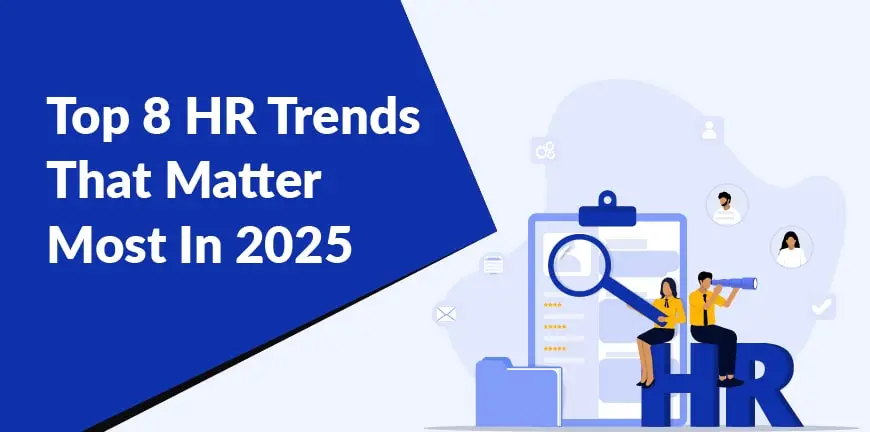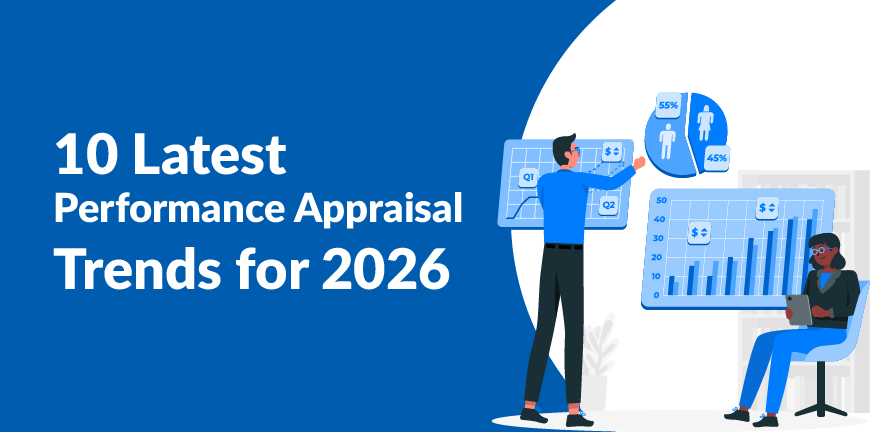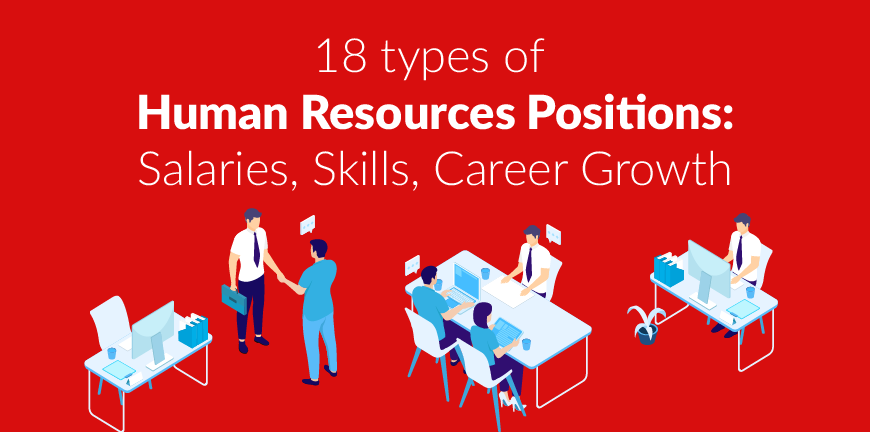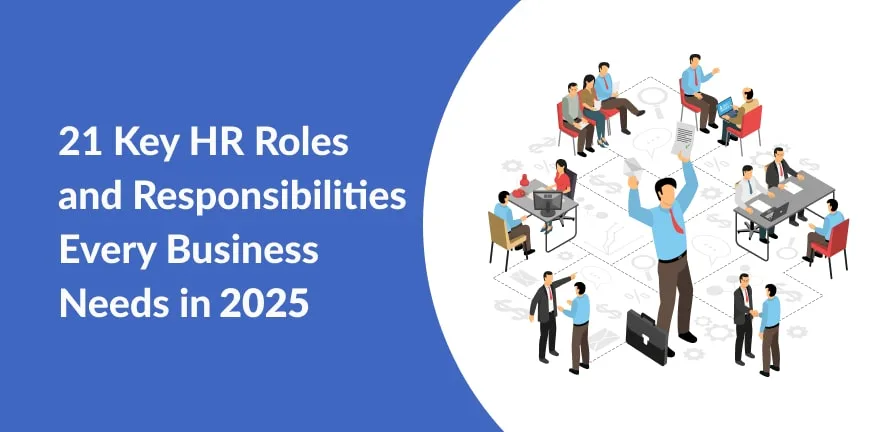
What is Lateral Hiring – Meaning, Process and Benefits
24/10/2024
Decarbonizing India: How Costly Is It?
25/10/2024Organizations managing talent have been facing notable shifts in pay trends, workforce management, and strategies to retain employees. Organizations must keep ahead of these developments to remain competitive in a dynamic job market. The HR trends in 2025 can help you strategically plan for the year ahead. These new trends in HR focus on key areas of reduced turnovers, compensation, and workforce growth. With the right strategies in place, organizations can be well prepared to address the challenges that you face ahead.
So, how can HR professionals take matters into account and address the existing challenges? Some latest HR trends will take the lead and rule the functions of HR in 2024. Let’s find out what they are.
Latest HR trends in 2025
The current HR trends are going to shape the future of HR practices. These trends will be driven by advancements in technology, changes in workforce expectations, and evolving business needs.
1. Leader development and succession planning
As organizations become more dynamic, there is an increasing need for leadership programs that can build agile, empathetic, and savvy leaders because let’s face it, managers are the ones who are responsible for handling not just their duties but also their team’s responsibilities so there is a dire need for more individuals to step into a leadership role.
The world of work has changed, and it’s important to understand how much a person can handle if you want them to deliver the best results in their job roles. About three-quarters of employees place increased importance on manager support while managers are juggling with more than 51% of the responsibilities they can handle.
2. Redefined EVP to enhance employee productivity
The one very important thing full-time employees look for when they are looking for a job is job security because everyone wants to feel secure, valued, and important at their workplace. And as their employer, you must make this a priority. One important step to bring this to effect is creating a well-rounded Employee Value Proposition. The right EVP can drive engagement, motivation, and performance by creating a more fulfilling work environment.
Your employees are your company’s most significant assets and to retain your assets, companies need to think of providing them with a reason to stay. Recognizing and appreciating their efforts and communicating to them that their contributions add value to the company is a good start. Additionally, you must also take care of your employees’ needs, whether it’s training, encouraging career development, providing job security, or giving their opinions a good ear and respecting them. Remember, your employees are your strength, they are the reason your business either succeeds or fails. Take care of your employees’ needs and they’ll take care of your organization.
3. Higher use of Generative AI, Automation, and data to enable better decision-making.
The use of Artificial intelligence in the recruitment process is expected to grow more in the coming years with AI tools performing tasks like screening resumes, assessing candidates, and even conducting basic interviews using natural language processing. According to an AI report generated by Eightfold “The Future of Work: Intelligent by Design”, 92% of HR leaders are looking to bring in more creativity and innovation by increasing the use of AI in one or more HR Functions.
Some of the critical HR functions that the use of AI can help change to the positive are-
- Management of employee records
- Payroll processing
- Onboarding and offboarding processes
- Application tracking and Candidate Screening
- Managing and monitoring employee performance
Tools like people analytics software can help businesses analyze large data about workforce performance giving them valuable insights into trends and patterns that can help them make better decisions.
4. Hybrid and remote work optimization
While hybrid work has become the new normal, 2025 will see further optimization with a focus on creating a more flexible, and productive hybrid work environment. Companies will invest in tools that allow for seamless collaboration across remote and in-office teams.
As for HR professionals, they need to look beyond just working from home as an employee benefit. With more and more employees working from different locations, there has to be more focus on compliance with regional labor laws, taxation, and benefits.
5. Prioritize upskilling, reskilling, and promotion of internal mobility
One of the best ways to retain employees is by providing them with opportunities to grow professionally and boost their career growth. Not only will it help with employee retention but will also boost employee engagement, which plays a significant role in deciding the productivity of an employee. Lifelong learning will be a cornerstone of HR strategies. Companies will focus on providing continuous learning opportunities, particularly in tech skills, to keep employees relevant in an evolving job market.
86% of HR leaders have expressed their concern over employees not having clear career paths in their organizations.
In situations where the market is down and there is a dearth of talented employees focusing on internal mobility by upskilling and reskilling current employees is an employer’s best bet.
6. Focus on Diversity, Equity and Management
With the use of data analytics, HR can monitor, measure, and improve their diversity and inclusion initiatives.
HR teams are to recruit and hire candidates by eliminating all bias associated with gender, ethnicity, culture, race, and sex and help build a more diverse workforce. Organizations are looking forward to providing employees with a rich, comfortable, and progressive workplace experience.
7. Pay Transparency
The gender pay gap has been an issue at one point or the other. Exhibiting pay transparency can play a crucial role in reducing bias and promoting a gender-neutral feeling among candidates and employees. While pay transparency policies have already become commonplace in countries like the US, UK, Canada, France, Germany, etc. some other countries with huge working populations like India, China, etc. are yet to implement it. The year 2025 is expected to see more and more HR professionals taking an active role in advertising pay transparency by putting up salary ranges in their job postings.
8. HR- a strategic business partner
In the past, the HR role was viewed as merely a transactional one having nothing to do with making an impact on actual business operations. But lately, there has been a slight shift, repositioning HR as a strategic business partner.
There has been a newly formed alliance between the CHRO and CEOs making them a part of business-related decisions. This is a trend that we believe needs to be given more importance because the HR department knows about everything that is going on in an organization, they are the insiders! They know about the operational activities, changes in productivity levels, budget strains, etc. Their becoming an integral part of your organization can help you change the course of your actions when necessary to see a change in productivity levels.
Closing words
2025 is going to be yet another interesting year for HR, as they move beyond the traditional scope of the function, towards innovation, creativity, and strategic thinking that will drive inclusivity, and resilience to guide organizations to new heights of excellence.
A sustainable future will be the top priority for HR as they continue to skillfully address immediate organizational needs. A work environment where employees thrive, and businesses achieve is what they’ve set out to do. 2025 presents a world of opportunity and HR will continue to rise and shine like they always have.
Contact Us For Business Enquiry

Rajkumar Shanmugam
Rajkumar Shanmugam is the Head of HR at ALP Consulting, bringing over 19 years of comprehensive HR leadership experience across India and international markets. His expertise spans talent acquisition, employee relations, performance management, compliance, and HR transformation. Rajkumar has a proven track record of driving people-centric initiatives, enhancing workplace culture, and aligning HR strategy with business goals. With extensive experience in US staffing operations and global mobility, he continues to lead organizational excellence through innovation and employee engagement.




